When you want to improve the look of your home without undergoing major structural changes, try updating the surface with thin veneer materials. These thin slabs of stone are not load-bearing, but serve as decorative facing and are often used to cover up unsightly concrete walls or chipped brick. Continue reading to find out if veneering is right for you.
The Benefits of Thin Veneers
Generally, the thinner the veneer, the easier it is to cut and install. Thin veneers are lightweight and take up less space than traditional building materials, which can increase your options when weight and dimensions are an issue. Veneering can be cheaper than full-dimension materials and allows for faster installation. Stone facing comes in a range of colors and won’t chip or fade; additionally, it offers more flexibility when it comes to navigating around protrusions and windows. However, sedimentary varieties are favored over harder stones because they are easier to cut. Some people opt for manufactured stone or brick veneers, depending on the look they want to achieve. A Variety of Styles Available
Thin veneer materials can be spaced to reveal the mortar for a charming cobbled look; alternatively, they can be fit together tightly in a uniform fashion. Another option is to use ledge stone of varying heights and depths to create an old-world, stacked appearance. Veneering can also be used inside the home to border fireplaces or to decorate arches.
Choosing Between Full-Sized and Thin Veneer Materials
While thin veneering offers flexibility and affordability, it may not be right for all projects. For example, if you need to a cover a very large area or want an authentic-looking wall that will last for generations, full-sized materials may be the preferred choice. Also, thin veneers often work best in the southern part of the U.S., because fewer freeze-thaw cycles prevent the veneer from coming off the wall.
With quick installation and variety of design options, thin veneer materials can make updating your home easy and cost-effective.
Limestone is usually found in caves or at the bottom of the ocean floor, but it is far better suited as the primary component of your driveway. Interlocking limestone pavers from SBI Materials can add an understated elegance to the exterior of your home, and their innate benefits make them a valuable product. Limestone is not a soft material. Having been compressed for millions of years before being harvested, it is both strong and sturdy. It can handle a large amount of weight without sustaining damage and can last for many years before needing any repairs or replacements. Its durability also allows it to withstand the effects of poor weather conditions. Moreover, the stone is quite porous, which makes it water resistant. The interlocking pavers are capable of holding enormous amounts of water, and their rugged texture will keep you from slipping. What makes interlocking limestone pavers such a desirable product for people are their subtle appearance. Their muted colors are composed of beige and tan hues, and they can also be polished or honed to comply with what you want for your driveway. The pavers are one of a kind, and their color and texture will vary with where they were quarried. Limestone has a natural and earthy appeal to it, which makes it a highly sought after material. Due to it being quarried, limestone can be easily crafted into the style and shape that you think most appropriate. Its overall versatility allows you to design your driveway in whatever way you choose. You are given the advantage of deciding what style would best compliment the exterior of your home. Interlocking limestone pavers are available in a variety of natural colors, and they can be craft in a way that best suits your needs. They are also a sturdy product, capable of surviving bad weather conditions and large amounts of weight. Whenever you decide to renovate your driveway, use limestone to guarantee that the finished project is both stylish and durable.
The simple technology of interlocking pavers has been around since ancient Rome, and pavers continue to be an attractive and practical design solution today. Pavers add interest and character as well as durability to both residential and commercial landscapes.
In home design, curb appeal is important. Pavers offer style and resilience to driveways and walkways. They add elegance to the approach to a home. As an alternative to asphalt, pavers hold their integrity over the long run. They do not crack like concrete can. Should repair be necessary, it is an easy matter of popping up a paver and replacing it.
While pavers make for a distinctive pathway, you can consider them as well for other areas of the landscape. They are the ideal material for patios and terraces. The ability to replace individual pavers makes them a good choice for high traffic areas like pool surrounds and courtyards.
Pavers bring old world elegance to decking and balconies. They also provide stability to utilitarian paces such as parking areas. Pavers can withstand the heavy duty traffic and still look great.
There are so many options to choose from when designing and selecting interlocking pavers. Surface finishes may be smooth or textured. Colors cover a wide spectrum and may be alternated within a design. Layouts may follow both concentric and linear patterns, depending on the space and your preferences.
Pavers can serve many purposes in landscape design. They can be used to break up outdoor areas to create different spaces. They are also extremely effective in aiding erosion control on a property. Some pavers are constructed from a percentage of recycled material, making them a sound ecological option. Since repairing pavers requires a minimum of waste, they are truly a green-minded choice of construction material.
When it is time to decide what material to use for a residential or commercial project, consider interlocking pavers for stability, style and enduring beauty.
Thin veneer has been around since Ancient Rome, but its beauty means that it’s still popular today. A veneer is a series of stones that have all been cut into slices and attached to the outside of buildings or walls to create a decorative or protective covering. Typically, veneer is roughly an inch thick, lightweight, and durable enough to be used both indoors and out. SBI Materials offers many different types of stone that can be made into veneer.
Sandstone is a sedimentary rock that comes in many different styles and colors. Some of the most popular shades are white, yellow, orange, red, and even gray or black; it’s among the most colorful of all rocks. Sandstone is very durable and lends an outdoorsy, rustic feeling to any area.
One special type of sandstone is bluestone, which (as the name implies) has a bluish-gray tint. Bluestone may also come in pale green or even lavender, and is one of the strongest types of sandstone. Bluestone can be made into a thin veneer that makes a wall seem slick, modern, and sophisticated.
Limestone is one of the world’s most popular building materials. After purchasing from SBI Materials, it can be easily cut into thin slices, making it good for veneer, and it also comes in a wide variety of shades. It is commonly seen in shades of white, cream, or tan, which are the most popular, although it also might crop up in reds, yellows, or blacks.
One specialized type of limestone is travertine. While normal limestone often forms at the bottoms of oceans, travertine appears inside of hot springs. This makes each piece unique and often leads to interesting patterns appearing in the rock. Other forms of limestone might even have fossils inside.
Finally, slate is a dense and highly textured rock that comes in both dark varieties and multicolored patterns. Slate is durable and communicates elegance—but it’s not the only option. With all the other options available at SBI Materials, you should be able to find the perfect stone for your thin veneer.
Many homeowners understandably crave an alternative to plain concrete or asphalt driveways. Still, the prospect of choosing the right alternative driveway paving material can seem daunting. Although SBI Materials offers a broad range of stone paving materials, there are a few that will be much more effective and aesthetically pleasing than others. Here are a few of the top driveway paver choices that are available. Cobblestone is one type of driveway paving material that is difficult to match in terms of appearance and durability. As evidenced by cobblestone roads and paths that were built hundreds of years ago and are still preserved around the world, this type of paver is durable. It will last even longer than brickwork, which is typically considered one of the sturdier driveway pavers available. Cobblestone does cost more than options like concrete, but if you weigh in how much longer it lasts — the difference can be more than 50 years — it is clear that the price difference represents a smart investment. The attractive appearance of cobblestone cannot be matched by options like concrete, either. Travertine is another paver that can work surprisingly well for driveway paving. SBI Materials carries Alpaca Travertine, which offers a neat appearance with its neutral color stones and clean lines. Despite its appearance, which is far from utilitarian, Travertine can withstand the weight of cars and larger vehicles, putting it on par with choices like concrete. As an added benefit, Travertine works well in all kinds of outdoor projects, from pathways to patios, which gives homeowners the option of creating a more integrated outdoor look. SBI Materials offers various other types of stone pavers that can be used in driveway paving, whether as the primary paver or as a means of providing contrast. Many of these options are more durable than typical choices like concrete, and virtually all of them are more attractive as well. Homeowners are welcome to visit the business website SBIMaterials.com to look at more design ideas or to discover other available paving options that will make their home exterior look unforgettable.
|
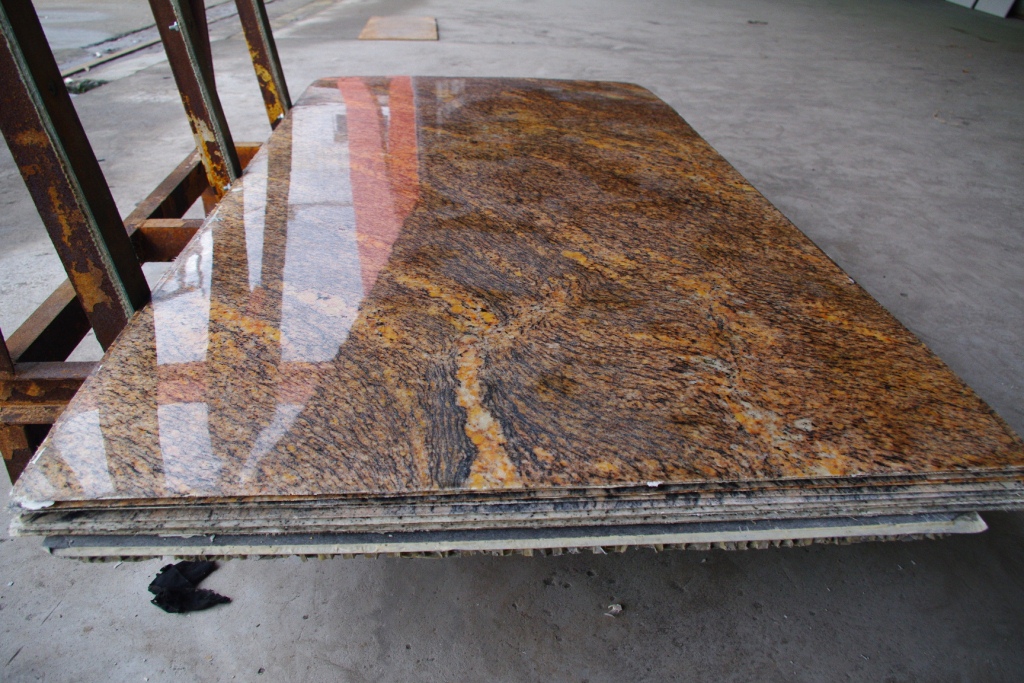
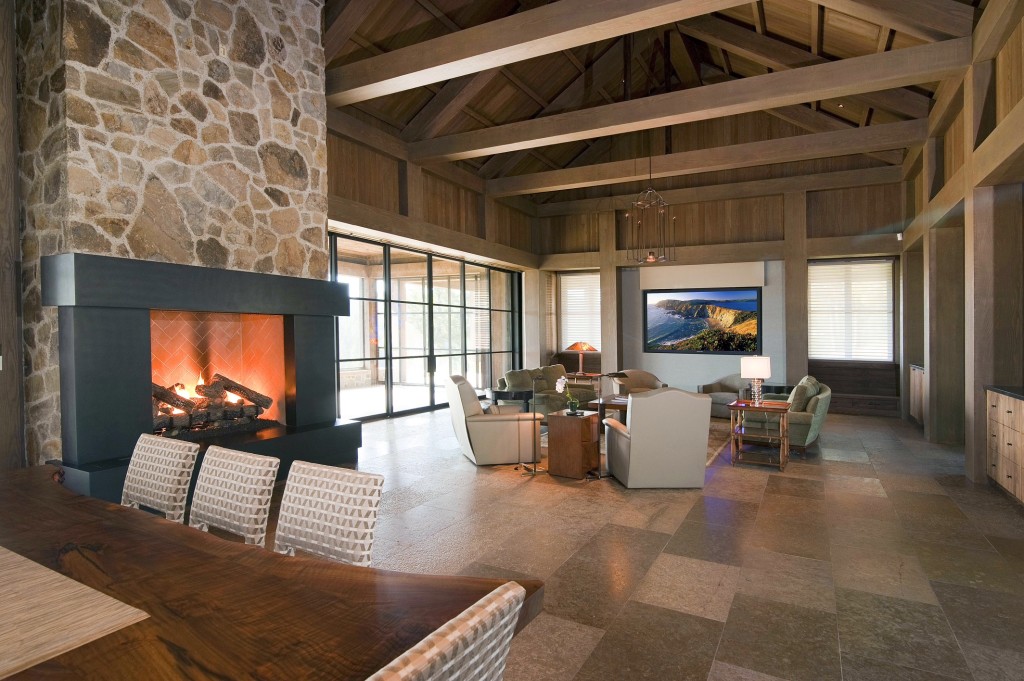
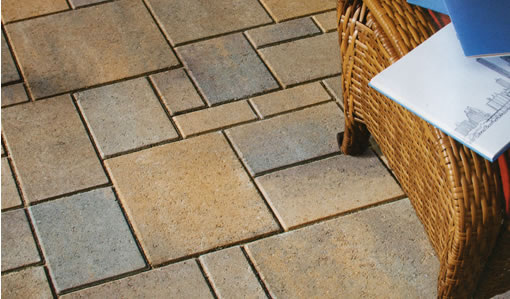
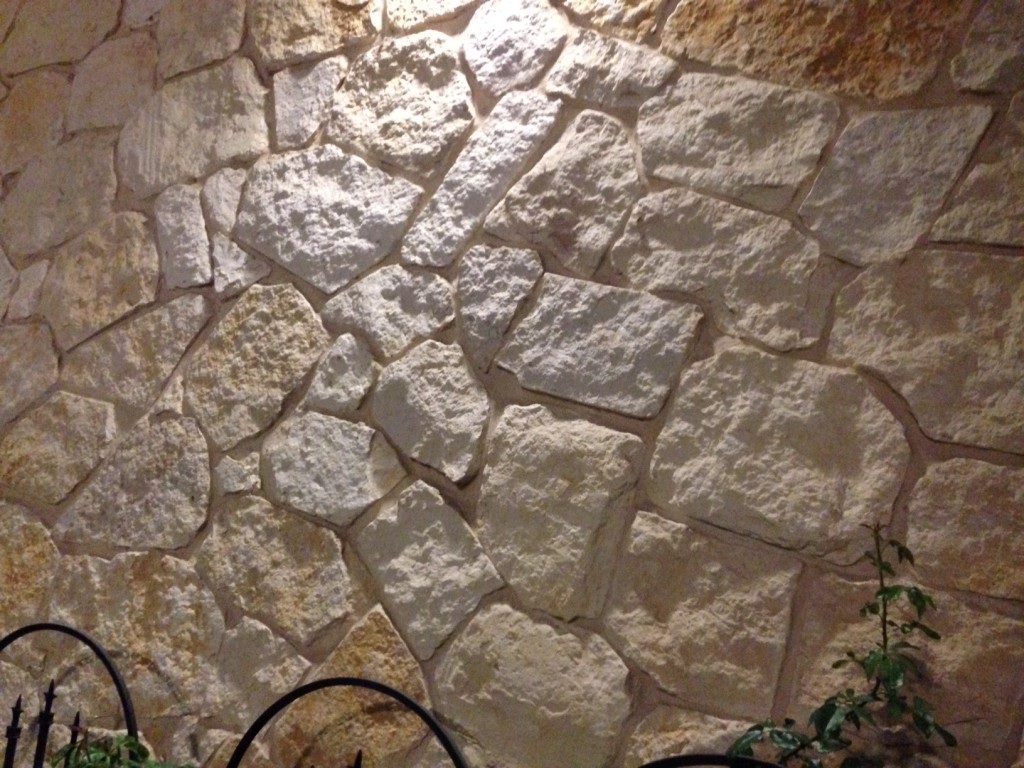
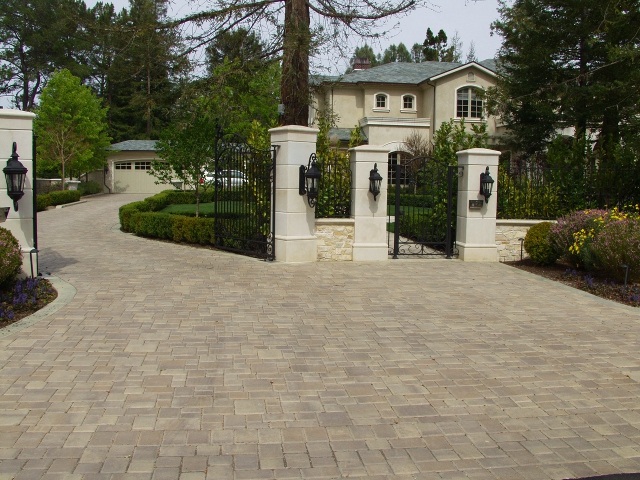
 RSS Feed
RSS Feed